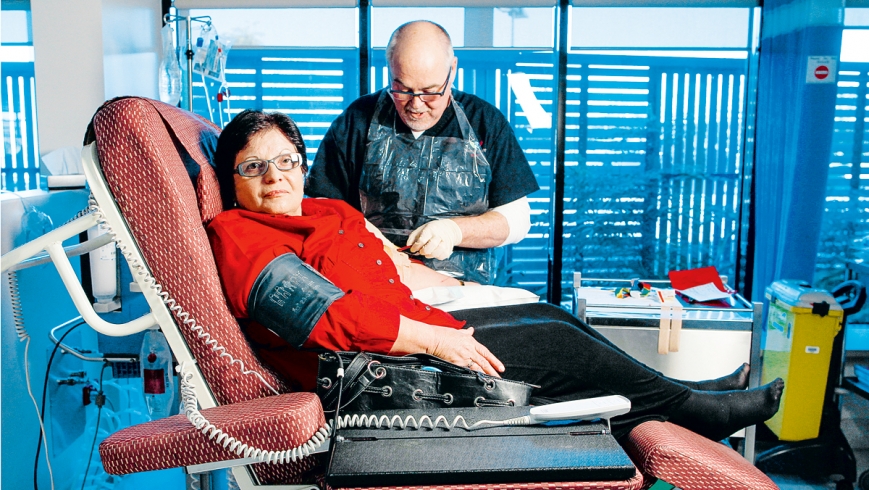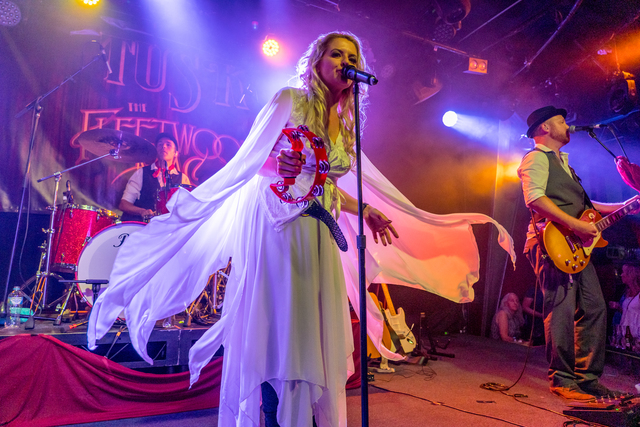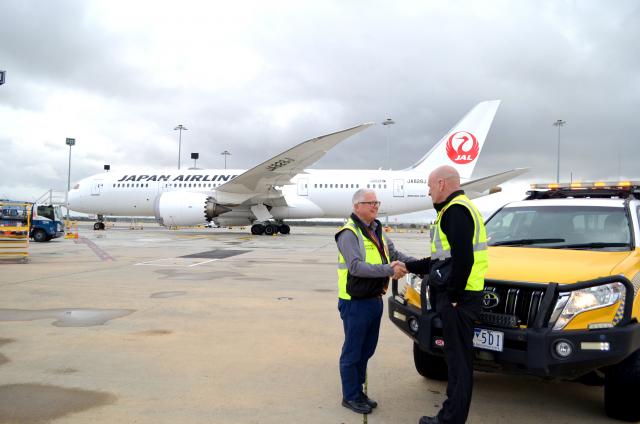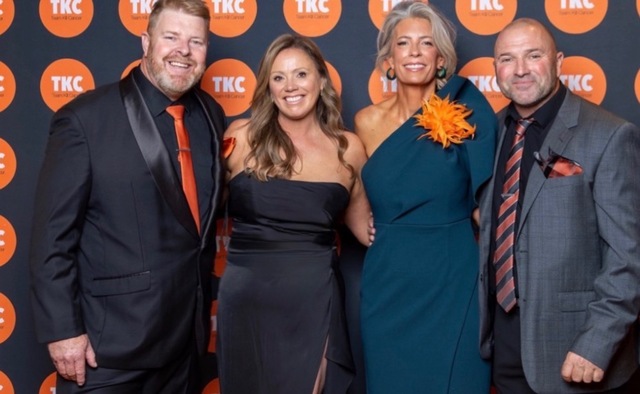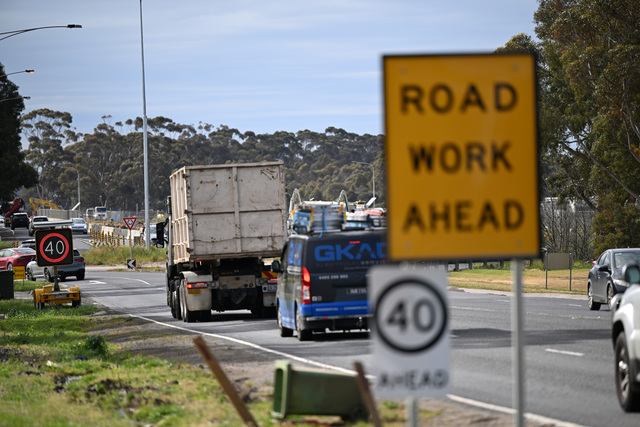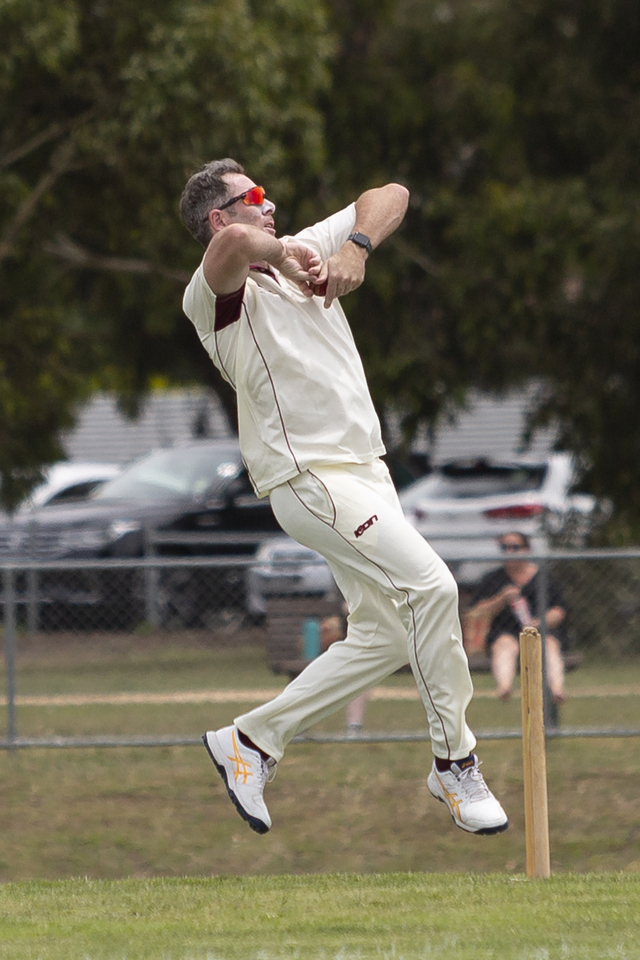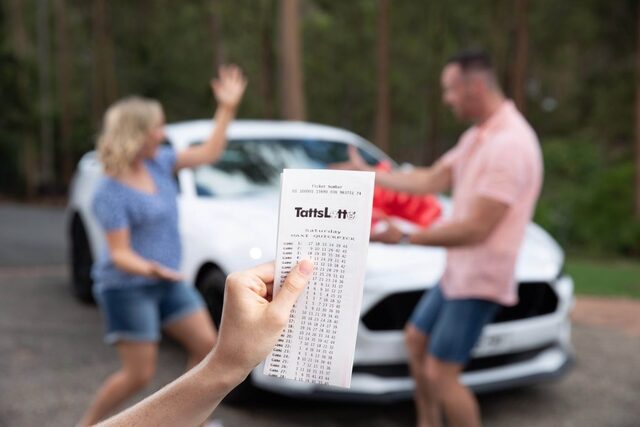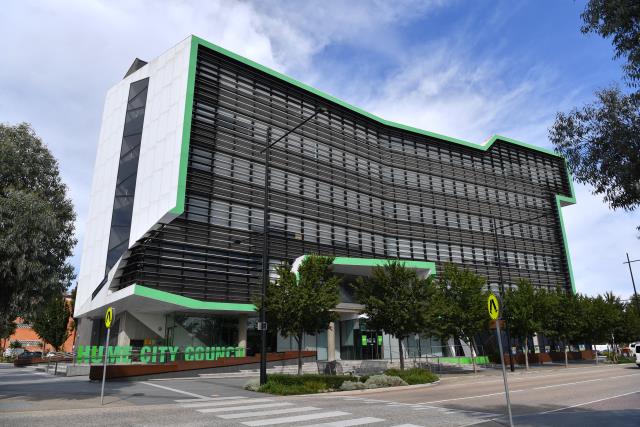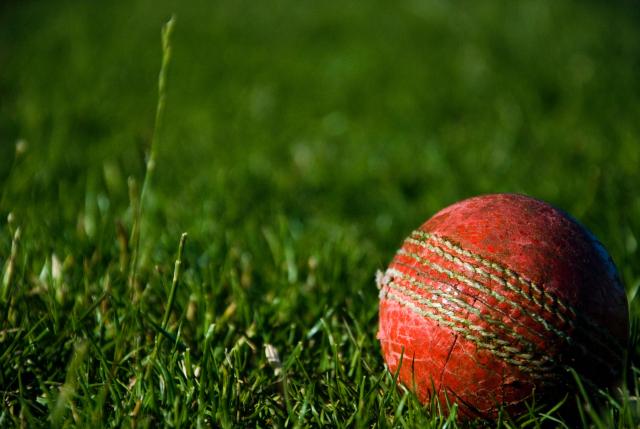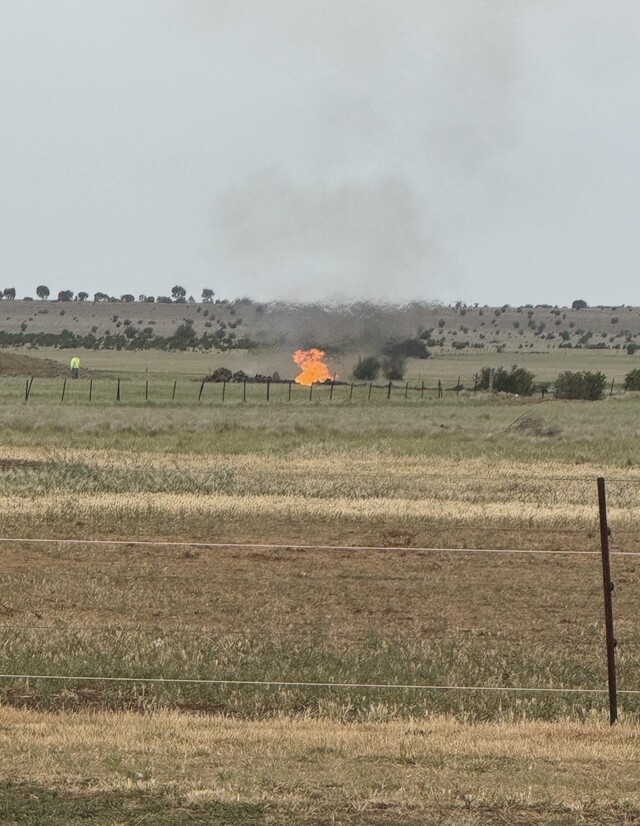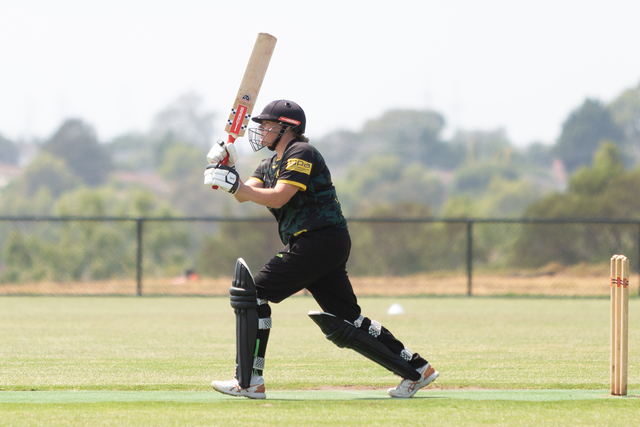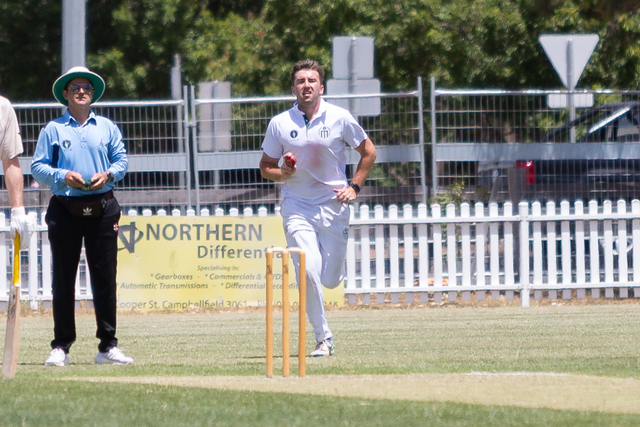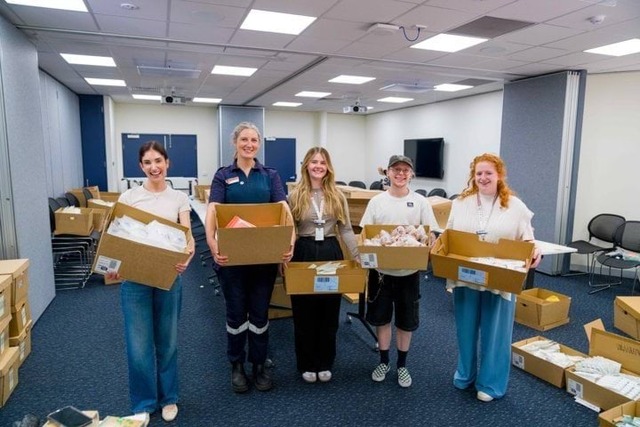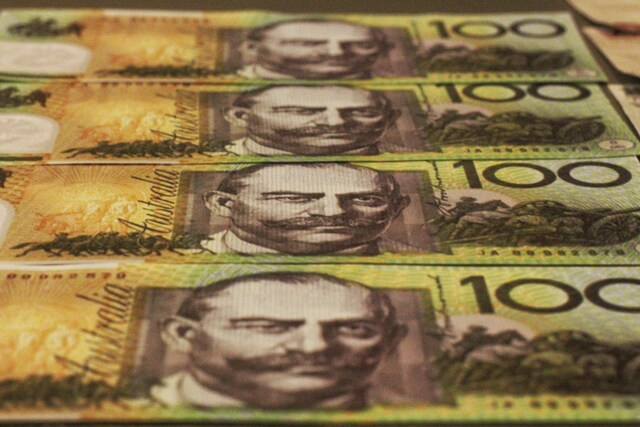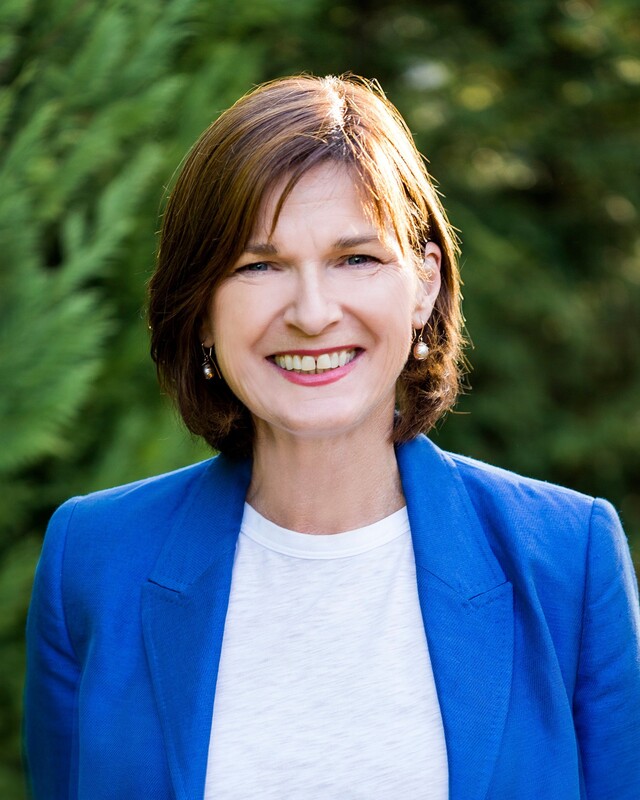“THIS is no way to live,” says Christine Minos. The 58-year-old Hillside
grandmother receives dialysis three times a week while she waits for a
kidney. She should be playing with her three grandsons, all younger than
seven months, but she doesn’t have the energy.
It began with a routine blood test then a referral to a
nephrologist. Christine was diagnosed with kidney disease in her
mid-40s.
But it was only last year that she started dialysing. It’s a year she would rather forget.
In August, she began sessions at Western Hospital in Footscray.
Coincidentally, while she was starting her health journey, her husband
was about to begin his.
“My husband was diagnosed with bowel cancer, so we were both unwell,’’ she says. “I thought: how are we going to manage this?”
Christine managed six sessions of dialysis before being
transferred to Melton. “It was a lovely centre there, too,” she says.
“But my husband had to take me and pick me up.”
A nurse suggested she attend Sunbury Day Hospital. Now she travels
by train from Hillside (Watergardens) to Sunbury, on her own, three
times a week.
“I don’t mind it,” she says. “I watch TV and if you have someone
nice to talk to, like Maria (who sits opposite), the time goes because
we chat.”
Christine is hopeful a kidney will arrive soon.
“I would like some more energy,” she says with a smile. “As you
can see, it’s not easy doing this. It’s pretty hard. After you dialyse,
it’s a big process. It takes a lot out of you. You know when you have a
hangover? It’s like that. You have to go home and have a rest.”
Patients can wait from six months to four years for a transplant.
There are about 1600 people on Australian organ transplant waiting
lists.
The good news for Christine is that transplant rates in Australia
are steadily increasing. More than 405,000 Victorians are now registered
donors.
Woodend’s Arnie Pereire is one of the lucky ones, if you could
call him that. In February 2009, a year after his father died, he went
to his doctor for a regular check-up. After a routine blood test,
doctors found a dark shadow on his liver.
“We could never get down to the bottom of why it occurred,” Arnie says.
What was clear was that he needed a new liver. On April 11, 2010,
about 8pm, Arnie received a call from the Austin Hospital’s liver
transplant unit. He and his wife packed their bags and left for
hospital. The operation took 14 hours.
After a few days in recovery, it was evident that the liver had failed.
“I was feeling fine and was in recovery, but things were going
south,’’ Arnie says. “Because I was looking fine, the doctors were
perplexed.”
Fortunately, a second transplant on April 23 was a success. “I couldn’t feel better,” Arnie says. “Without it I wouldn’t be around.”
He doesn’t know who or where the organ came from, but he’s
eternally grateful. And he’s “absolutely” on the organ donation
register.
Figures from the government’s DonateLife, which encourages people
to register as organ donors, show that most Australians are willing to
donate organs (80 per cent) and tissue (78 per cent) but less than 60
per cent of families give consent for organ and tissue donations to
proceed when the time comes.
The figures also show that 44 per cent of Australians do not know
the donation wishes of their loved ones. And only 1 per cent of hospital
deaths meet specific circumstances where organ donation is possible.
Western Hospital medical donation specialist Forbes McGain says
the most important thing that helps families decide whether to donate or
not is knowing the wishes of their loved ones.
“Having these discussions before families and patients ever get to
intensive care units is important, because it just makes it so much
easier,’’ he says.
“When families have talked about this beforehand it’s just like
this wash of relief, both on my face and theirs as well. Families that
have discussed organ donation prior are far more comfortable with the
decision they are making.”
Last year, 1052 Australians received transplanted organs through
the generosity of 354 people who lost their lives. These figures are the
highest recorded for any year in Australia.
Victoria in 2012 was the state with the highest number of
donations – 92 deceased organ donors provided life-changing transplants
for 267 Australians.
Although there are more people on transplant lists than there are
organs available, DonateLife is working to address these challenges.
To make your wishes count, share them with your family and close friends.
Details: donatelife.gov.au
– avalente@mmpgroup.com.au

